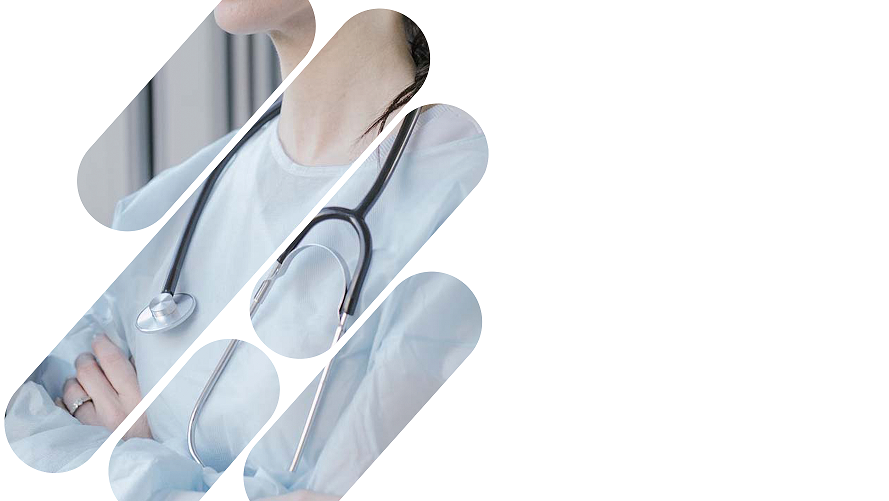- Road Accidents
- Work Accidents
- No Win No Fee
- Medical Negligence
- Habib Rahman Spire Healthcare Compensation
- Medical Negligence Claims
- Breast Surgeon Ian Paterson Claims
- Brain Injury Claims
- Statins Medication Error
- Sandwell & Birmingham POP Treatment
- Hernia Mesh Compensation
- Serious Injury Claims
- Spinal Injury Claims
- Leg Injury Claims
- Neck Injury Claims
- Burn Injury Claims
- Cauda Equina Syndrome
- Dental Negligence
- Contact
- Injury Claims
- More Info
- Claim Now
Call FREE from a Landline or Mobile on 0800 634 75 75

 Accidents in supermarkets happen more often than you think. With accidents happening on a regular basis, with wet floors and spillages being the biggest cause of accidents, we take on a lot of these types of cases. You may be eligible to claim for compensation if you have an accident that wasn’t your fault whilst out shopping.
Accidents in supermarkets happen more often than you think. With accidents happening on a regular basis, with wet floors and spillages being the biggest cause of accidents, we take on a lot of these types of cases. You may be eligible to claim for compensation if you have an accident that wasn’t your fault whilst out shopping.
 If you have been injured in a
If you have been injured in a  We deal with all types of work accidents, including accidents due to machinery such as a cherry picker. A cherry picker is an elevated work platform. It is also often referred to as a boom lift, man lift or basket crane. To put it simply it is a vehicle with a rising platform, to allow work from height. A small or mini cherry picker may be used in a warehouse, for example to get to stock from a top shelf. A larger cherry picker could be the type we see on the road (a truck like vehicle with a rising platform like a crane). The larger cherry pickers could be used to get on top of buildings for example.
We deal with all types of work accidents, including accidents due to machinery such as a cherry picker. A cherry picker is an elevated work platform. It is also often referred to as a boom lift, man lift or basket crane. To put it simply it is a vehicle with a rising platform, to allow work from height. A small or mini cherry picker may be used in a warehouse, for example to get to stock from a top shelf. A larger cherry picker could be the type we see on the road (a truck like vehicle with a rising platform like a crane). The larger cherry pickers could be used to get on top of buildings for example. I could of course be bias and say that we are! But to be fair, I could back up exactly why
I could of course be bias and say that we are! But to be fair, I could back up exactly why  If you have been involved in a general road accident at speeds of less than 30mph or so, you can probably answer this question yourself; because you’re probably suffering from a case of minor whiplash.
If you have been involved in a general road accident at speeds of less than 30mph or so, you can probably answer this question yourself; because you’re probably suffering from a case of minor whiplash. Roundabouts can be a dangerous place for those either using the road or crossing it. This is probably due to the amount of information and actions which have to be carried out by different people simultaneously. While keeping a look out for other drivers it is essential that you are in the correct lane, have read the relevant road signs, adjusted your speed and as always, Mirrored – Signalled – Manoeuvred.
Roundabouts can be a dangerous place for those either using the road or crossing it. This is probably due to the amount of information and actions which have to be carried out by different people simultaneously. While keeping a look out for other drivers it is essential that you are in the correct lane, have read the relevant road signs, adjusted your speed and as always, Mirrored – Signalled – Manoeuvred. Most of us will have heard of a whiplash injury. It is a real injury which is compensatable, despite the bad stigma surrounding it. If you have ever
Most of us will have heard of a whiplash injury. It is a real injury which is compensatable, despite the bad stigma surrounding it. If you have ever  When making a claim for compensation, you can claim for the care and assistance given to you by your friends and family. Care and assistance can be claimed for as long as it is above the standard care which is usually expected; meaning it would have to be more than the usually household chores.
When making a claim for compensation, you can claim for the care and assistance given to you by your friends and family. Care and assistance can be claimed for as long as it is above the standard care which is usually expected; meaning it would have to be more than the usually household chores. I will explain what I mean by the term “pre-medical compensation” and why we think it can be bad. Pre-medical compensation is basically when you receive an offer of compensation to settle your claim before you have been medically examined by a medic-legal expert (so it’s nothing to do with your GP or a doctor etc). We could never advise acceptance of a pre-medical offer, even it did appear a generous offer. The fact is that without medical evidence covering all aspects of your injury, we are unable to value properly your claim. It could appear at face value that you have sustained a minor whiplash type injury – however we are not medical experts and nothing can be assumed.
I will explain what I mean by the term “pre-medical compensation” and why we think it can be bad. Pre-medical compensation is basically when you receive an offer of compensation to settle your claim before you have been medically examined by a medic-legal expert (so it’s nothing to do with your GP or a doctor etc). We could never advise acceptance of a pre-medical offer, even it did appear a generous offer. The fact is that without medical evidence covering all aspects of your injury, we are unable to value properly your claim. It could appear at face value that you have sustained a minor whiplash type injury – however we are not medical experts and nothing can be assumed.









